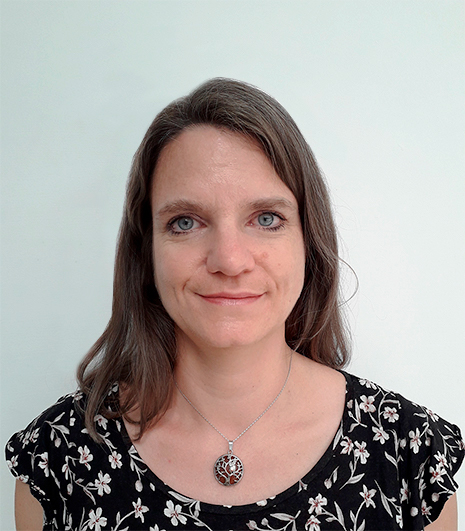
Español Virtual Taller Foro de Intérpretes y traductores.
En este taller se dará una introducción breve tanto a la traducción a la vista como a la interpretación simultánea aprovechando la primera como ejercicio introductorio, así como presentándola como una modalidad propia. La interpretación simultánea en sí se introducirá con ejercicios como shadowing, reportage y chuchotage (interpretación susurrada). Se practicarán estas dos modalidades de la interpretación con textos generales sencillos en inglés, alemán y español y se recomendarán técnicas y herramientas específicas para poder practicar cada una de forma individual posteriormente.
Ponentes: ULRIKE SPERR
Inglés Presencial Presentación Foro de investigadores en enseñanza de lenguas.
Educators, parents and even therapists tend to underestimate the intellectual and cognitive abilities of individuals with specific learning difficulties (SLD). Their language learning, but specifically their acquisition of reading and writing in foreign languages requires special methods and is delayed in comparison with typically developing (TD) students. Often they require specific accomodation in order to get a fair chance to proof their skills. This study puts particular emphasis on language learning in students with intellectual disabilities, specifically Down syndrome (DS). Studies on the specific language production of individuals with DS are abundant, however they mostly treat narrations in children and adolescents with DS in their first language. Investigation on bilingualism or second language acquisition in individuals with intellectual disability and DS are scarce. This study aims to contribute to the comprehension of this area. Important questions arise: How can teachers include students with SLD in the classroom? How can they support them? How do students with SLD best learn foreing languagues? To examplify this, an exploratory descriptive study of the language learning experiences with a young adult with DS shows the experiences and practices retrospectively as well as presently. Via videoconferencing, several interviews with herself and her mother explored her language learnign background and current literacy practices giving an authentic picture of the specific difficulties, but also the importance of language in her everyday life. Due to the necessities of the pandemic caused by the coronavirus, a shift towards a stronger use of digital tools was found additionally to a special importance of a self-exploration of digital tools.
Ponentes: ULRIKE SPERR

